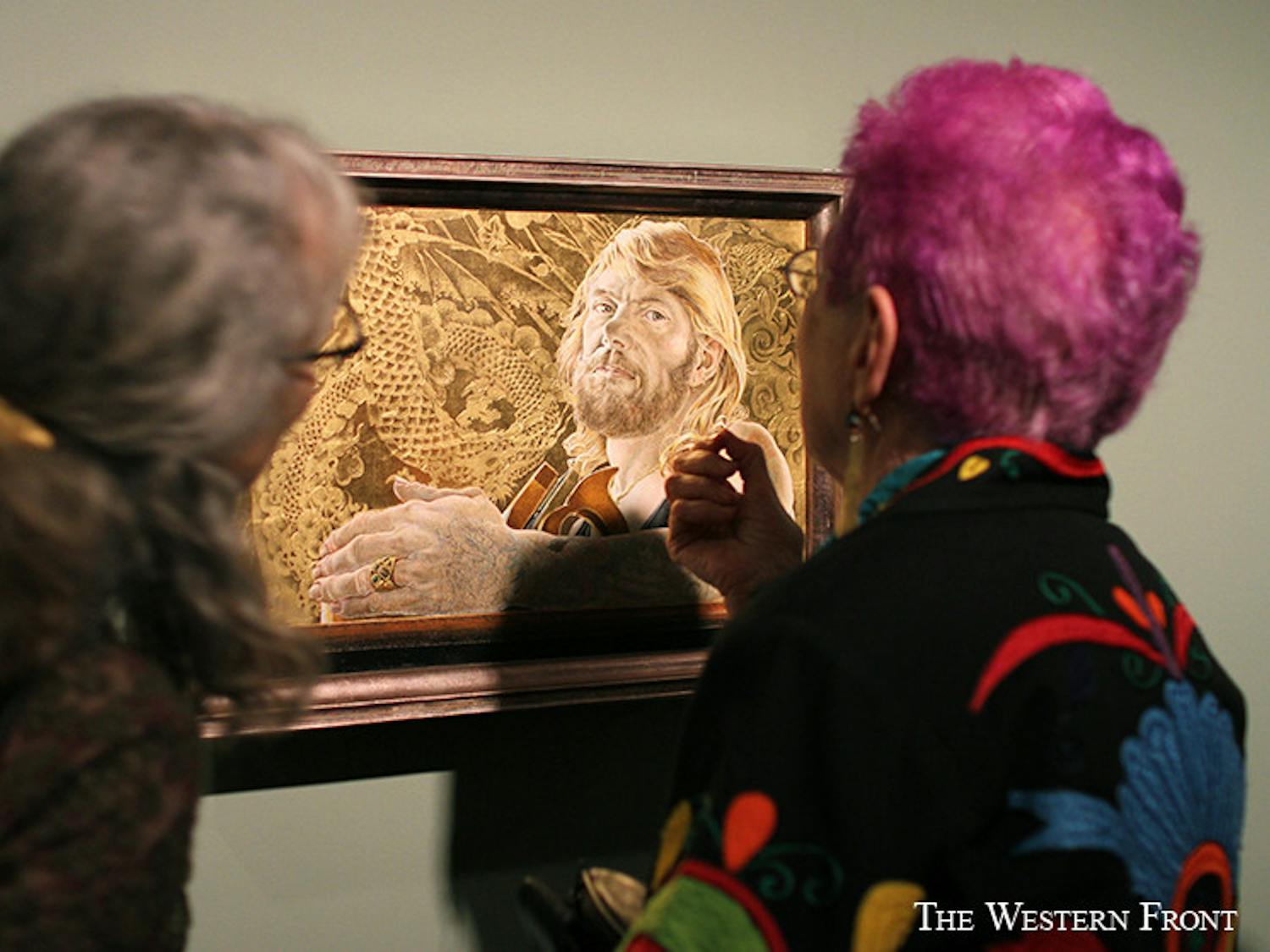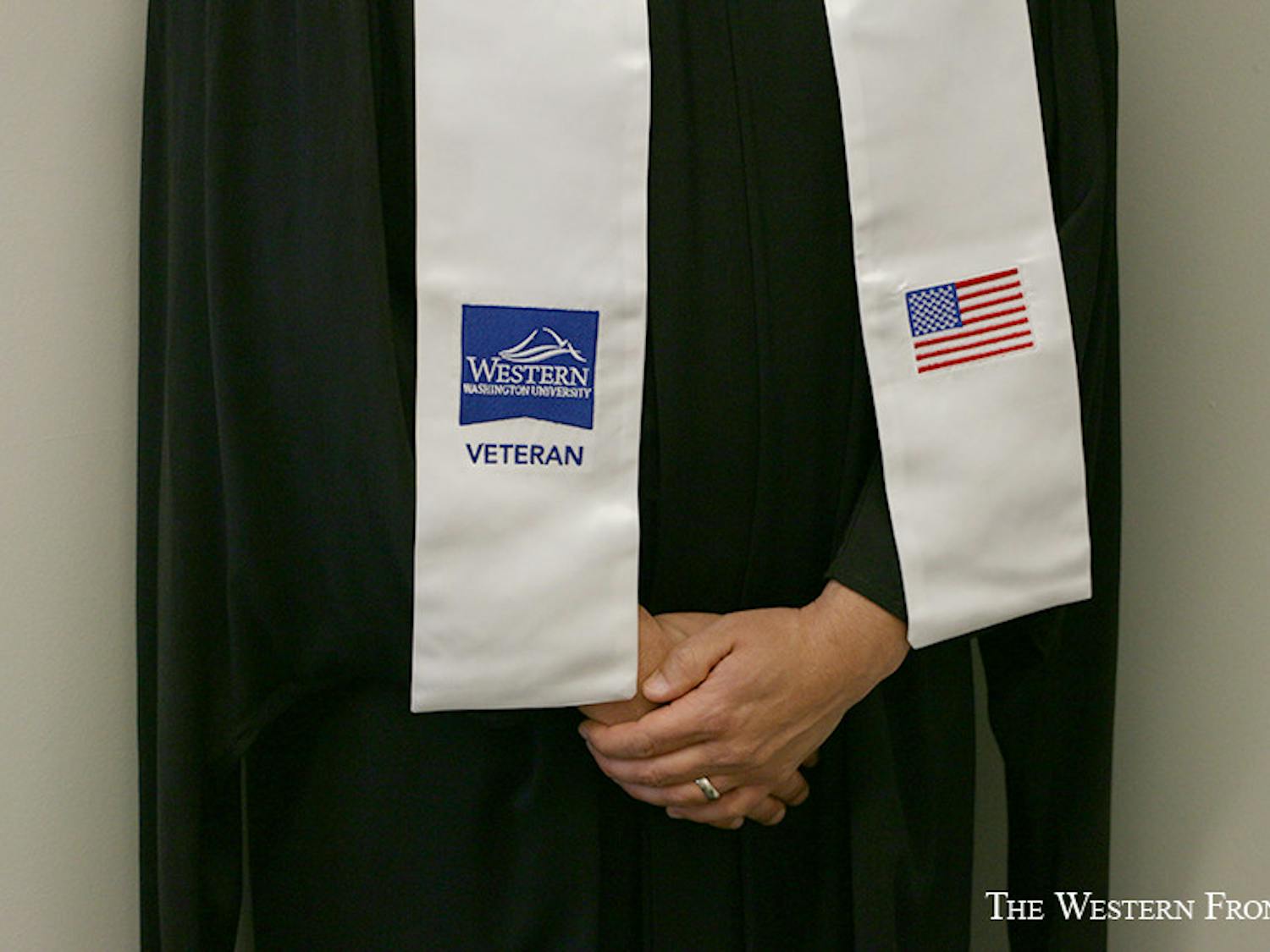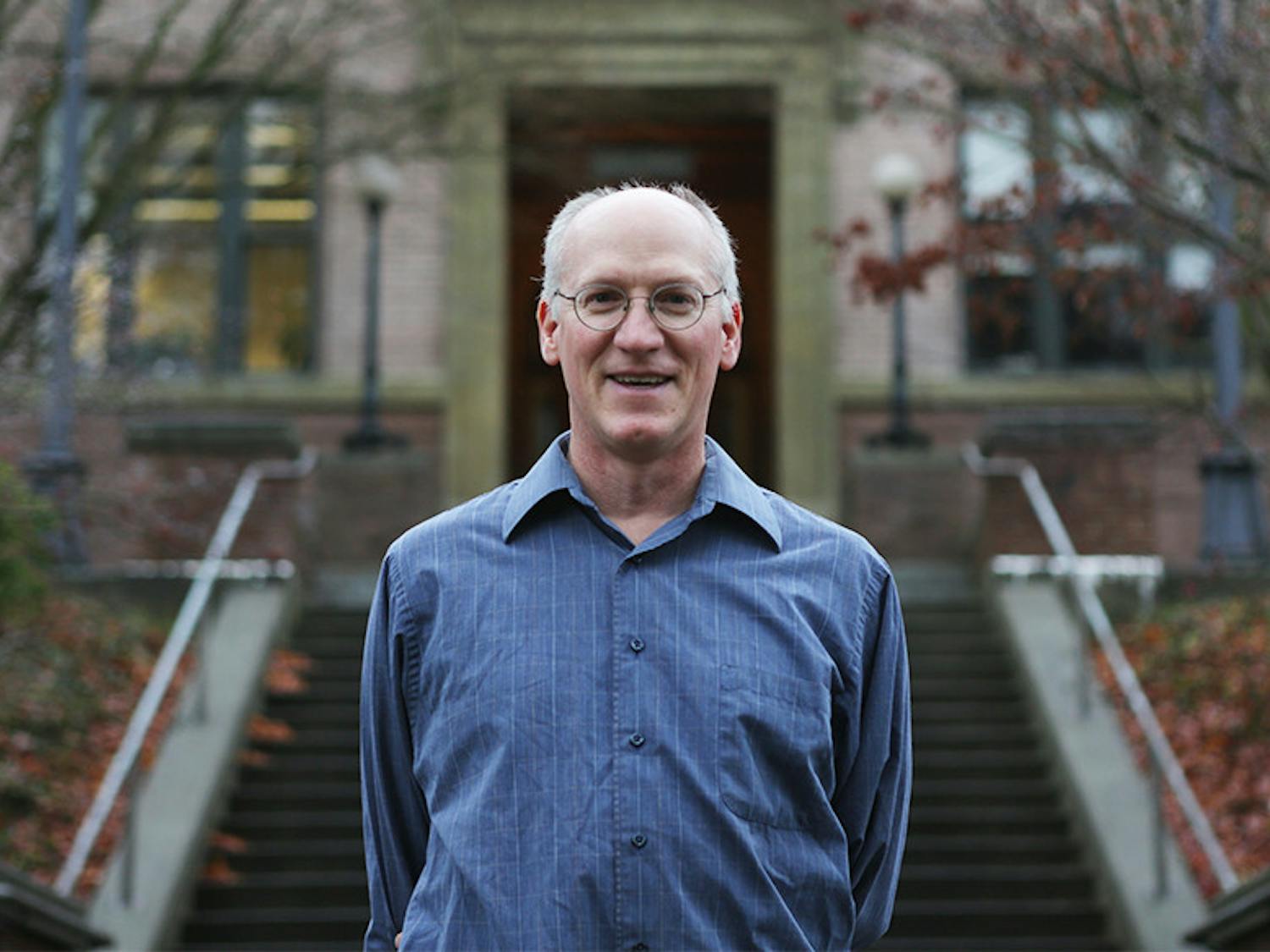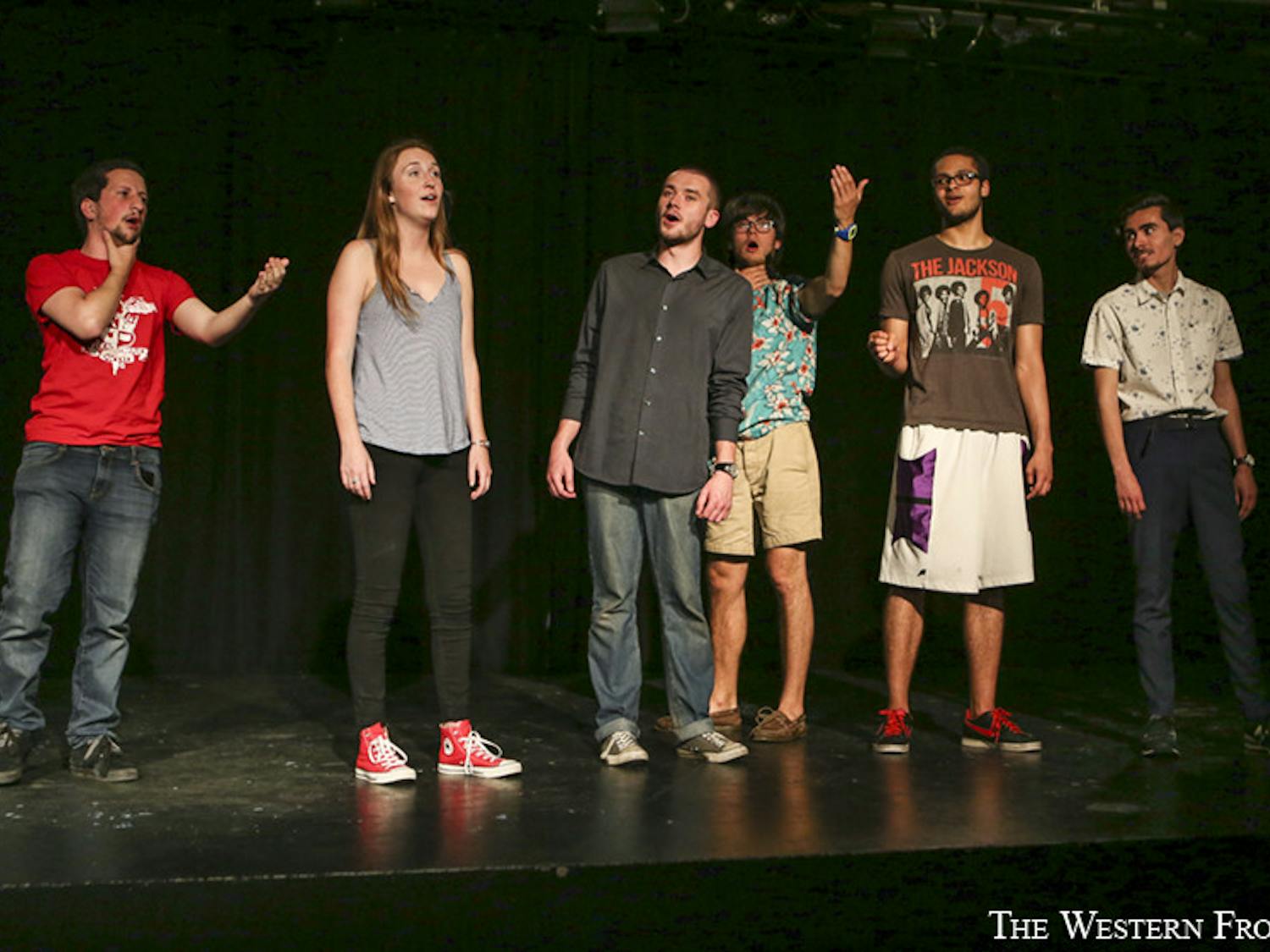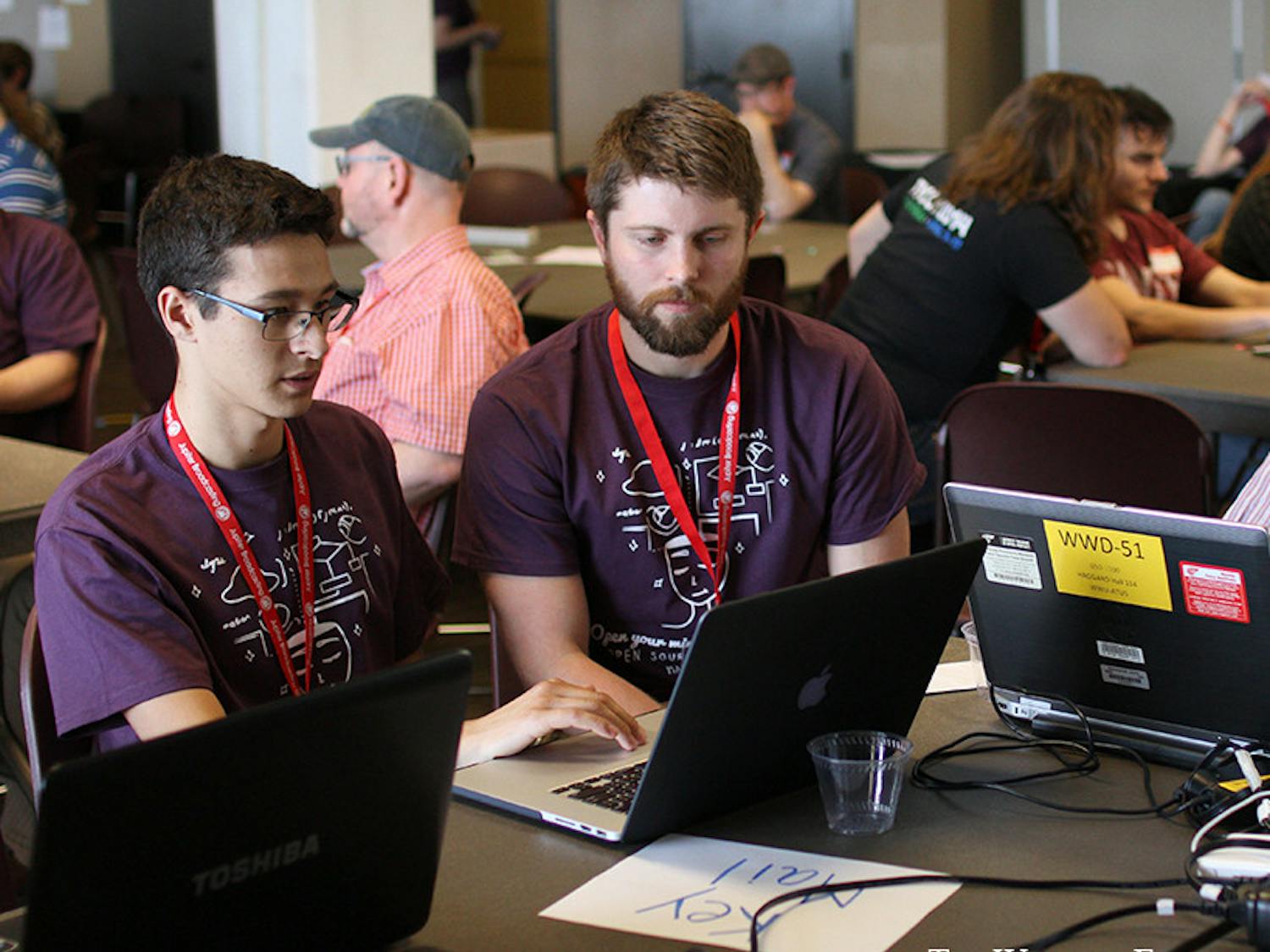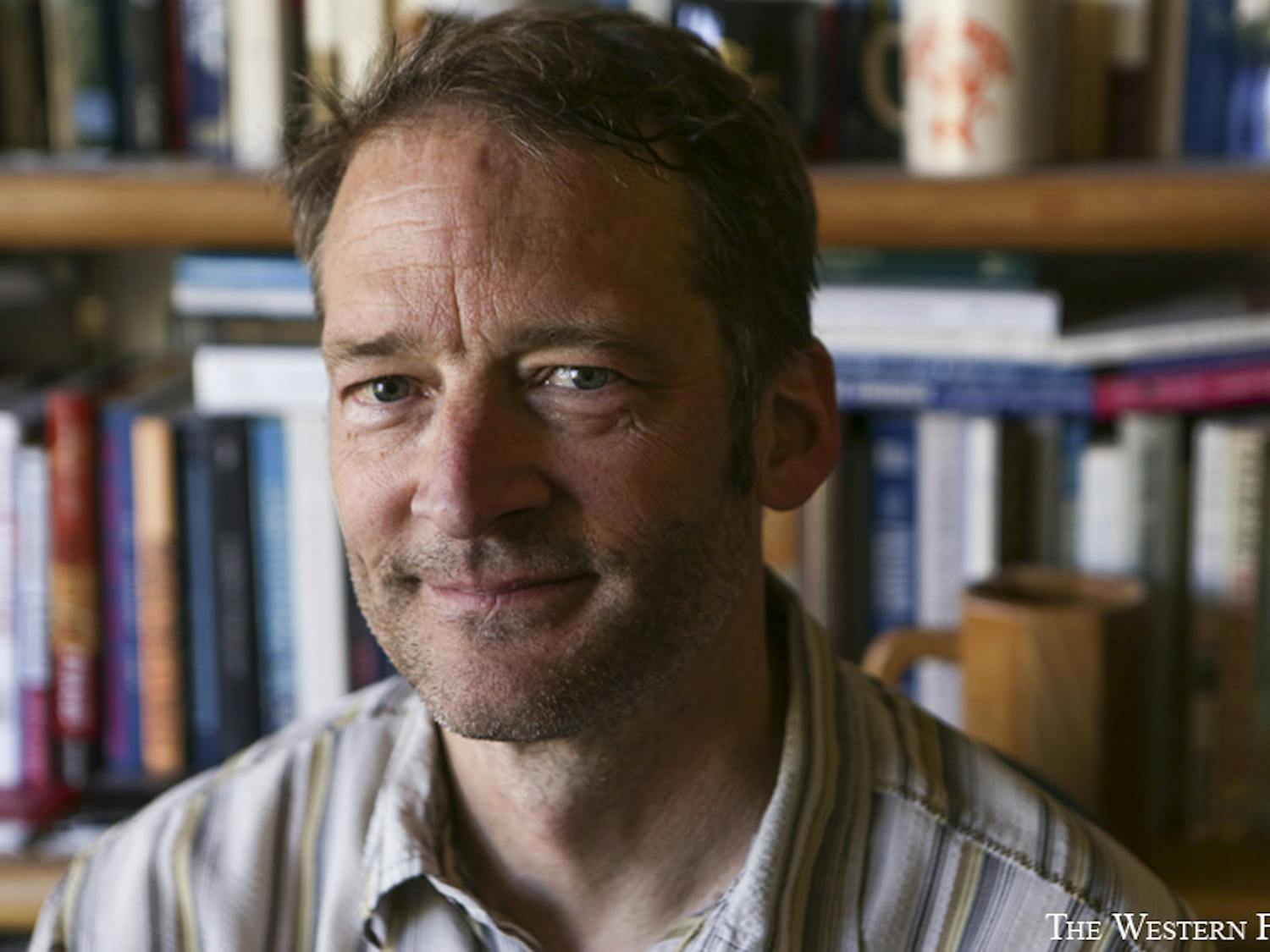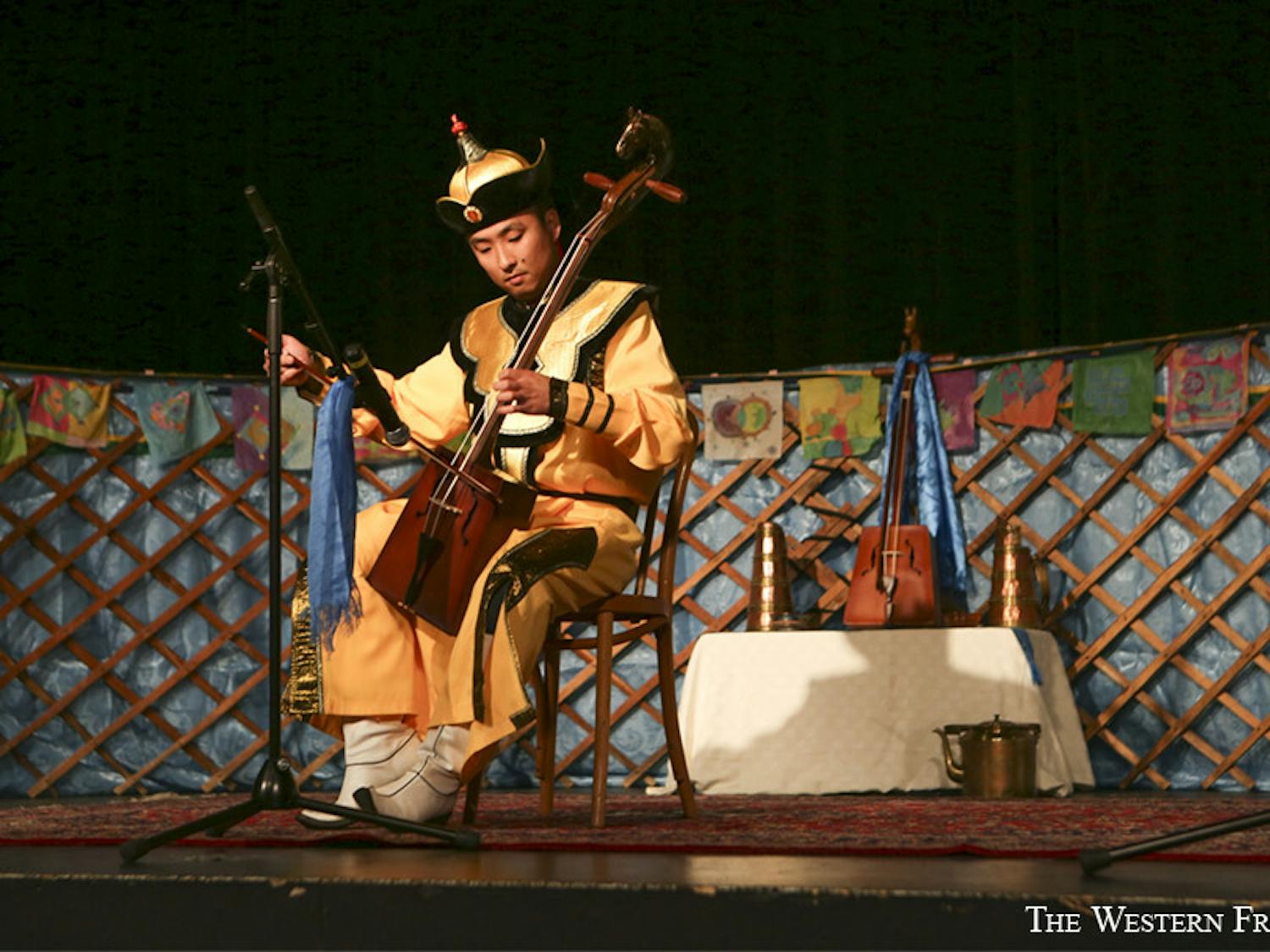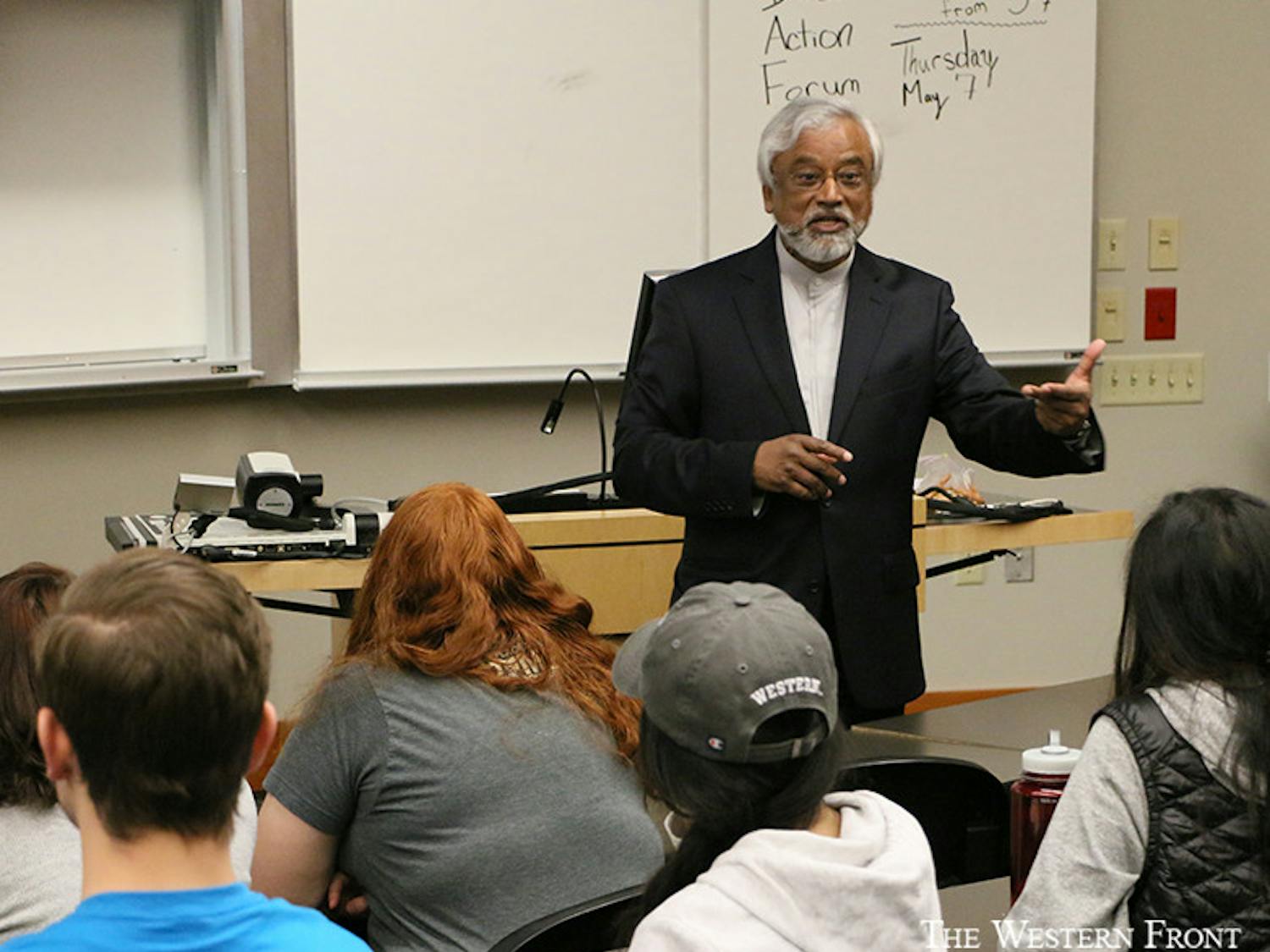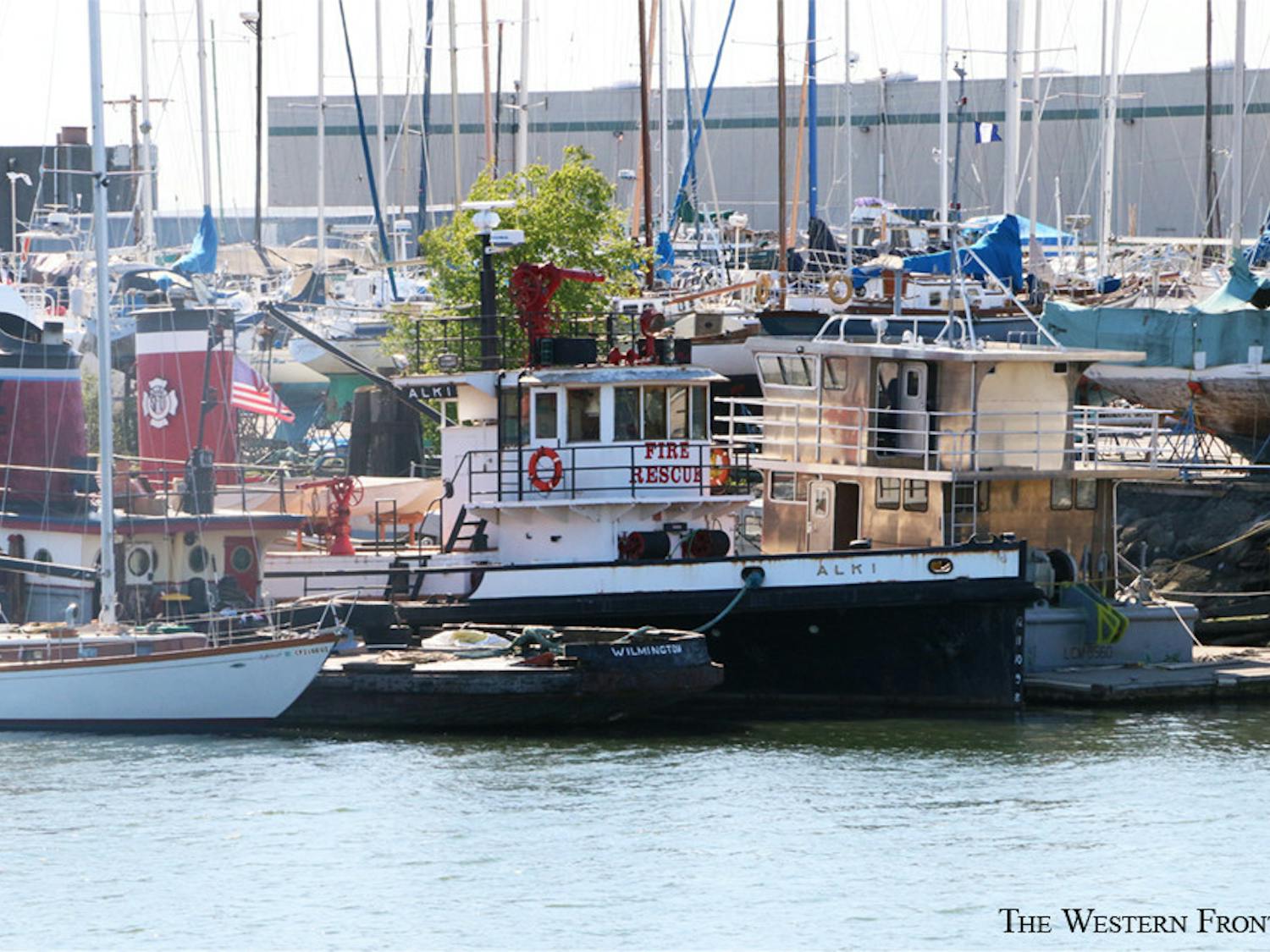Western geologist speaks on launch of new book
By The Front | May 15Over a hundred people came to the Whatcom Museum for Western Washington University geologist Dave Tucker’s book launch for his new book, “Geology Underfoot in Western Washington.” Tucker is a research associate in Western’s geology department. His book, which covers the area from the Columbia River to the Canadian border and the coast to the crest of the Cascades, is aimed at laymen with an interest in natural history, he said. The book covers 22 specific locations and requires anywhere from a hundred yards to eight miles of walking. Originally from Tacoma, Washington, Tucker moved to Bellingham in 1971, got his undergraduate degree at Huxley College of the Environment in 1973 and came back for his master’s degree in 2003. “The thing I like about Bellingham is you can get out of town pretty easily. You can get into the hills; you can get out in the islands or on the bay. It’s great for somebody who likes the great outdoors,” Tucker said. “I’ve always been fond of Western. It’s a small school; it’s possible to know people there. It’s in a beautiful location and it has a fantastic geology department.” As part of his mission to explain geology to the public, he had a message for students interested in geology. “Don’t let your perceived lack of knowledge about geology stop you from looking at rocks and learning about the landscape. Get out and look at it. Try to figure it out or use a website or a book to help you understand the geology that you’re seeing. Don’t say ‘I don’t understand geology so I’m not going to look at it’. It’s fascinating for everybody,” Tucker said. John Scurlock, a local photographer and friend of Tucker, introduced Tucker’s event. “Over the last 12 years, I’ve had the remarkable good fortune to be in a lasting friendship with Dave Tucker. In that time I’ve come to know him as a trustworthy backcountry companion, an inquisitive intellectual scientist with a gift for observation and explanation, and a man with an abiding respect for ordinary folks like us and a deep commitment to the natural world,” Scurlock said. Sam Kaas, events coordinator at Village Books, took a geology course from Tucker during his time at Western. “[Tucker’s] a great guy,” Kaas said. Tucker also runs a blog, Northwest Geology Field Trips, where he writes self-guided geology field trips for regional places of interest. The website is also geared toward non-geologists. Village Books, Whatcom Museum and North Cascades Institute all partnered to make this event possible. For Village Books, the program was part of their series on nature writing. Although the book is officially out, supplies are currently limited due to shipment issues until Monday, June 1.



